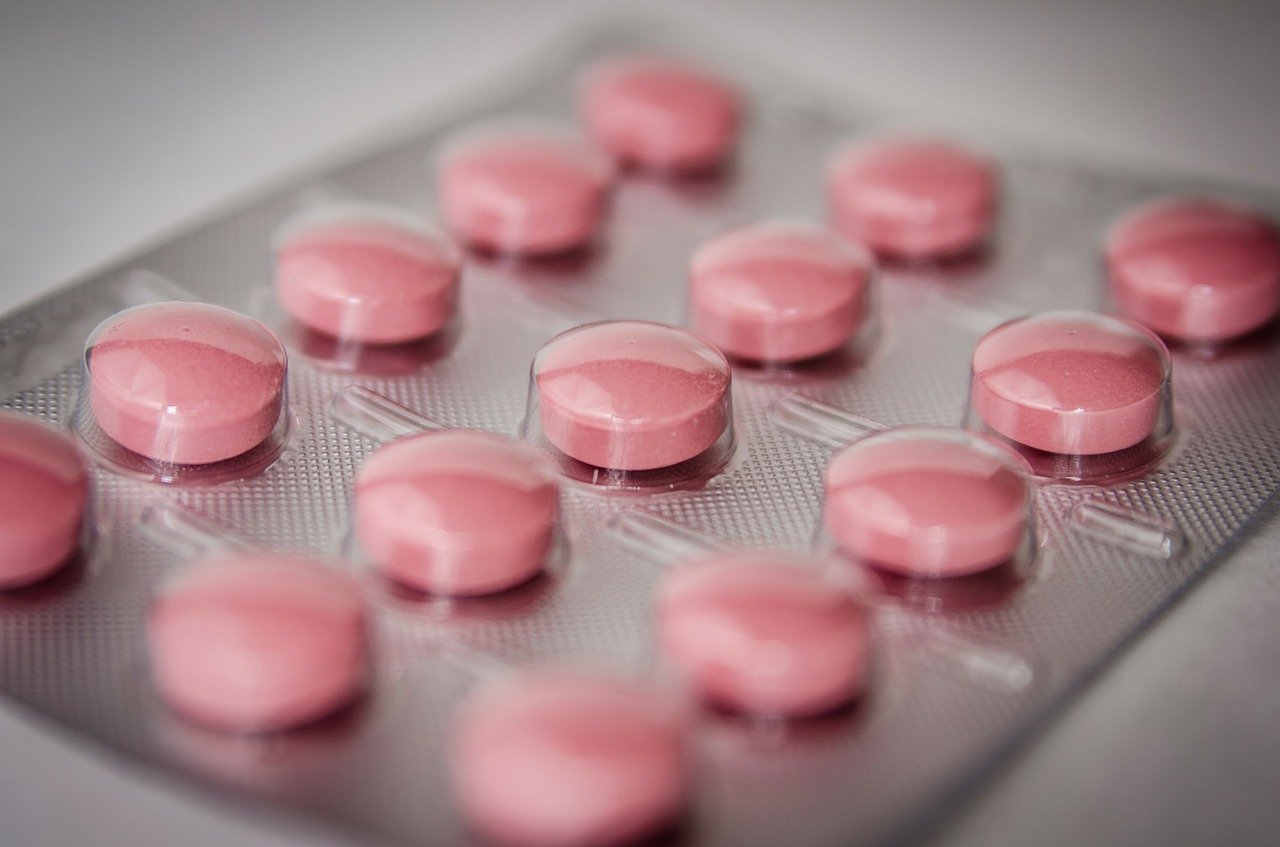The pill revolutionised society in many ways since its introduction in the 1960’s.
Used quite effectively to stop unwanted pregnancies, the pill has been used for a plethora of other issues, such as irregular periods, acne, period pain and so on.
So, what is the pill and what does it do?
The pill is a mixture of the two hormones synthetic oestrogen and progesterone. These hormones mimic hormones naturally produced by our bodies, and fools the pituitary into thinking we are already pregnant and therefore not to ovulate again.
It is very important to understand that the hormone like molecule that are taken in the “pill” are not identical to naturally occurring hormones, which are produced by the body. Therefore, these pseudo-hormones have some similar effects to naturally occurring hormone, but can also come with some side effects.
Quite often, a Woman will come into my clinic and describe that her cycles are “normal” while being on the pill. But the truth is, that if you are on the pill, you are not having a “normal” cycle. In a normal cycle, you will ovulate. In a pill cycle, the body is tricked into thinking it is pregnant, and so there is anovulation.
Pill bleed are arbitrarily co-ordinated to resemble a monthly bleed and so pill cycles roughly follow a 28 day cycle. Pill cycles can in reality be any number of days, but they try to mimic the natural rhythms of a female body to give us some sort of reassurance.
Any pseudo-hormones do not react in the same way as a true hormone produced by the body, and so taking the pill comes with side effects.
Side effects of the pill:
Before you take the pill, you should understand some of the issues with it
(1) Blood Clotts – It is a well known fact that the contraceptive pill increases the chances of blood clotts (Lidegaard O, et al. 2012). Although the increased risk is comparatively small (9.7 clot events per 10,000 for the Nuvaring), one should still be wary as the chances increase with other factors such as smoking.
(2) Cancer – Because the pill is essentially mimicking oestrogen, you are flooding your body with synthetic oestrogen and studies have shown that those using the pill have an increased chance of breast cancer. The rate at which it increases the incidence of cancer depends largely on the type of pill that you take. The higher the levels of oestrogen in the pill, the higher the rate of cancer. On the contrary, taking the contraceptive pill has been shown to slightly decrease the risk of ovarian cancer.
(3) Weight gain – The pill has the ability to interfere with insulin. Insulin is linked directly to weight gain. Also, the increase in oral oestrogen and progestin causes fat to accumulate around the hips.
(4) Hair loss – The contraceptive pill has the ability to move the hair roots from the growing phase to the resting phase and thus results in hair loss (https://www.healthline.com/health/birth-control/birth-control-and-hair-loss). This is because the synthetic progestin levonorgestrel has a high androgen index or is testosterone like (Briden L,2015).
(5) Loss of libido – Although not enough studies have been done to conclusively associate pill usage and a loss of libido, it is often coupled as a side effect.
My experience of working with women and the pill:
In my career as an acupuncturist, I know that many women dread coming off the pill. Some find it hard to come back into a natural rhythm with their menstrual cycle, or that after decades of being on the pill, that they have extended periods of no menstrual cycle.
The pill was never meant to fix “hormonal problems”, and it doesn’t make your hormones regular. The pill is a crude device designed to mask the natural functioning’s of a very complex hormone feedback system of the body. Coming off the pill gives the body a real chance to see what is really happening, and it is my advice to do that on a regular basis.
Coming off the pill allows you to check-in with the overall health of your menstrual system, and gauge what is happening hormonally. It also allows you to detox from long-term usage of synthetic hormones.
References:
1. Lidegaard O, Nielsen LH, Skovlund CW, Lokkegaard E. Venous thrombosis in users of non-oral hormone contraception: follow-up study, Denmark 2001-10. BMJ. 2012 May 10;344:e2990.
2. Briden L. Period Repair Manual: natural treatment for better hormones and better periods. 2015.




